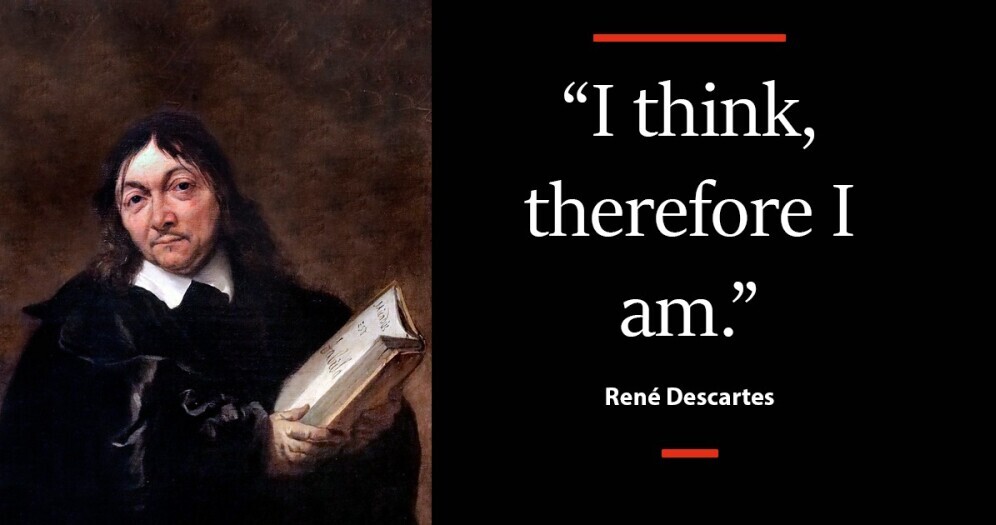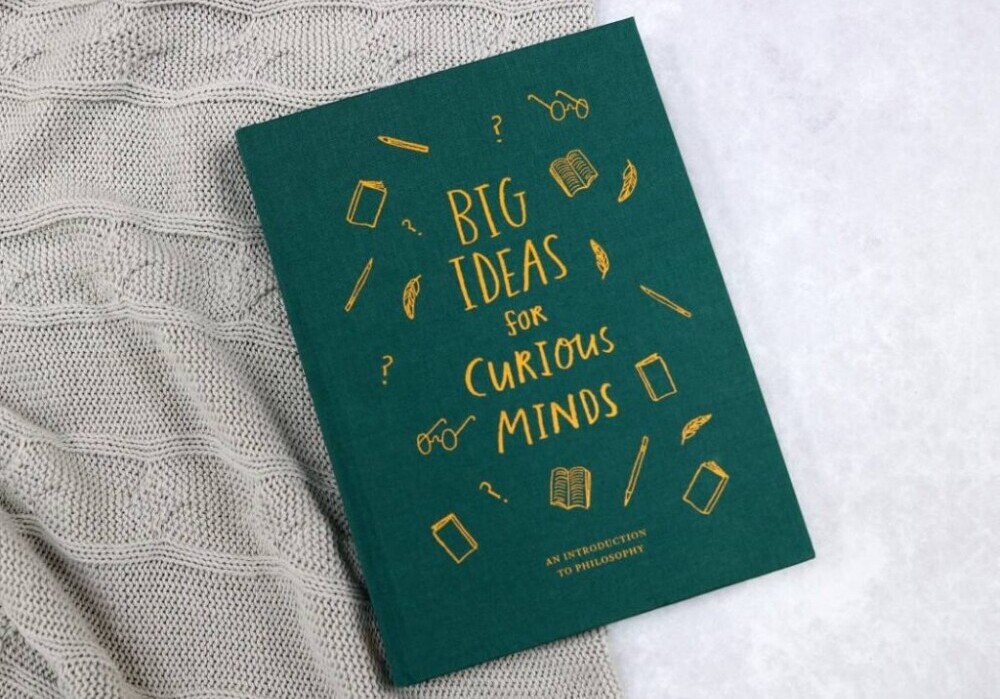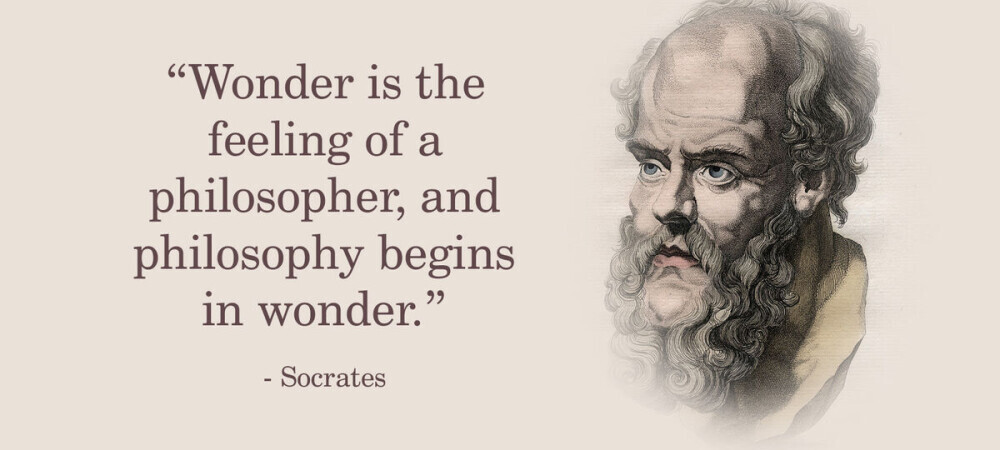 Philosophy might sound like a subject reserved for deep thinkers and scholars, but it’s really about tackling the big questions that cross all our minds. What is truth? What’s the right way to live? These are questions that can tickle anyone’s curiosity, from kids to adults.
Philosophy might sound like a subject reserved for deep thinkers and scholars, but it’s really about tackling the big questions that cross all our minds. What is truth? What’s the right way to live? These are questions that can tickle anyone’s curiosity, from kids to adults.
When we talk about ‘Curious Minds’ in philosophy, we’re not only talking about those who are naturally inclined to question everything but also those who might be new to the field and eager to understand more. It’s about opening doors to new ways of thinking and challenging assumptions.
For beginners, philosophy offers a fresh lens through which to view the world, pushing us to consider different perspectives and ideas. Many people find it fascinating because it’s tied to our everyday lives in ways we might not initially realize. It’s like having endless layers to peel back and explore.
Introductory philosophy books are the gateway to this world. They provide insights and frameworks that are accessible, making it easier to dive into complex thoughts without feeling overwhelmed. Choosing the right introductory text is crucial. The aim is to find something that speaks in plain language yet doesn’t skimp on the deep stuff.
Philosophy is for everyone, and getting started with beginner books makes philosophical exploration an exciting journey instead of a daunting task. Your personal philosophical journey can start anywhere, and these books can be your compass to navigate through it.
Big Ideas For Curious Minds: A Philosophical Gem
‘Big Ideas for Curious Minds’ is one of those books that’s perfect for making the world of philosophy accessible to a younger audience, but adults will find it meaningful too. Specifically designed for kids around 8 to 12 years old, it’s a doorway to big thoughts in small packages.
The book takes complex philosophical ideas and translates them into simple, engaging stories. It’s all about connecting those hefty concepts to real-world scenarios that resonate with young readers. Imagine turning everyday moments into chances for philosophical reflection—this book nails it.
At its core, ‘Big Ideas for Curious Minds’ challenges kids with questions about bravery, kindness, love, and how we make decisions, all wrapped up in vibrant illustrations and kid-friendly language. Think of it as a fun introduction to knotty questions rather than just a book full of long lectures.
One thing I love about this book is how it doesn’t trivialize or dumb down the ideas. Instead, it respects the capacity of young minds to grasp and reflect on profound subjects. This respect for young readers means they’re not just learning about philosophy; they’re actually doing it.
If you’re looking for a first taste of philosophy or a gift for a young philosopher, ‘Big Ideas for Curious Minds’ might be just the thing. It’s inviting, thought-provoking, and above all, accessible, making it a standout introduction to philosophy for beginners.

Curating a Beginner’s Philosophy Reading List
Building a solid beginner’s philosophy reading list is like crafting a playlist that gets you off the couch and dancing—each book has its own vibe, offering something unique. Let’s start with a classic: ‘The Republic’ by Plato. This is widely considered the world’s first book on philosophy, and it sets the stage with timeless questions about justice, society, and the individual.
Next up, consider ‘Sophie’s World’ by Jostein Gaarder. This book isn’t just an introduction; it’s a whimsical tour through the history of philosophy, all without heavy academic jargon. It’s ideal for new philosophers who want to taste test different eras and thinkers without committing to dry textbooks.
For those wanting shorter reads packed with insight, ‘Meditations’ by Marcus Aurelius offers a peek into the mind of a philosopher-king, blending practical advice with a philosophical outlook on life. And, of course, ‘Man’s Search for Meaning’ by Viktor Frankl shouldn’t be missed, exploring profound topics of purpose and resilience in the face of adversity.
When building your personal reading list, think about what themes speak to you. Are you drawn to existential questions? Or maybe ethical dilemmas catch your eye. Tailor your selection to nurture your curiosity and engage with ideas that reflect or challenge your worldview.
Diving into philosophy isn’t just about finding answers—it’s about appreciating the questions and enjoying the mental workout. Each book you explore adds a new lens to your collection, helping you to see the world in novel and exciting ways.

Embracing Philosophy: A Journey for Curious Minds
Engaging with beginner philosophy books is like planting little seeds of curiosity that grow into a massive tree of understanding over time. The insights uncovered in these pages offer more than just intellectual exercise—they shape the way you think, act, and relate to the world around you.
Philosophical exploration fosters critical thinking by challenging us to examine our beliefs and assumptions. To question what’s considered common knowledge allows the development of a more nuanced perspective on life and the choices we make. It’s this kind of thinking that fosters creativity and innovation.
When you craft your own philosophy reading list, you’re personalizing your learning adventure. Every book adds a layer to your understanding, helping you explore subjects in-depth and making you see familiar things anew. It’s an opportunity to connect dots that seem unrelated but are part of a bigger picture.
Philosophy isn’t static—it’s a dynamic conversation that spans centuries. Engaging with it means acknowledging that new ideas and perspectives are always emerging, which is as exciting as it is humbling. Staying open to shifts in thought keeps your quest for knowledge vibrant and alive.
Immersing yourself in philosophy helps to build a toolkit for life, offering wisdom and strategies for handling whatever goes your way. Whether you’re seeking clarity in a confusing time or simply looking to engage with the world more thoughtfully, philosophy becomes an invaluable friend that never stops giving.

